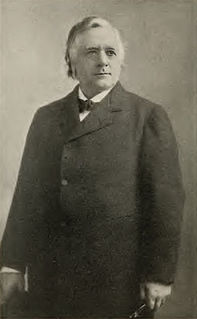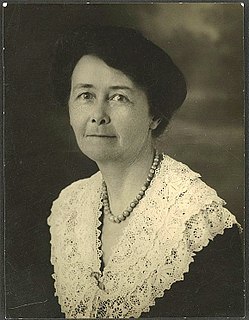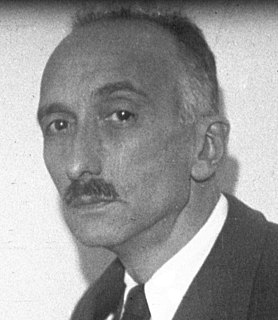A Quote by Robert Collyer
God hides some ideal in every human soul. At some time in our life we feel a trembling, fearful longing to do some good thing. Life finds its noblest spring of excellence in this hidden impulse to do our best.
Related Quotes
If life is to be fully human it must serve some end which seems, in some sense, outside human life, some end which is impersonal and above mankind, such as God or truth or beauty. Those who best promote life do not have life for their purpose. They aim rather at what seems like a gradual incarnation, a bringing into our human existence of something eternal, something that appears to imagination to live in a heaven remote from strife and failure and the devouring jaws of Time.
It was meant to be that life would be a challenge. To suffer some anxiety, some depression, some disappointment, even some failure is normal. Teach our members that if they have a good, miserable day once in a while, or several in a row, to stand steady and face them. Things will straighten out. There is great purpose in our struggle in life.
I think everybody needs healing. My understanding of human beings is that we were created in the image of God but we are all fallen, and Jesus died for us so that we can be redeemed. Every Christian is in a process of healing in some way. God's original creation was good, and in some ways fallen away from that. And in every area of our life we need to be healed and restored and to become more Christ-like.
It is a most fearful fact to think of, that in every heart there is some secret spring that would be weak at the touch of temptation, and that is liable to be assailed. Fearful, and yet salutary to think of; for the thought may serve to keep our moral nature braced. It warns us that we can never stand at ease, or lie down in this field of life, without sentinels of watchfulness and campfires of prayer.
The first lesson, simple as it is, is that whatever court we're in, whatever we are doing, at the end of our task some human being is going to be affected. Some human life is going to be changed by what we do. And so we had better use every power of our minds and our hearts and our beings to get those rulings right.
God does not cause our misfortunes. Some are caused by bad luck, some are caused by bad people, and some are simply an inevitable consequence of our being human and being mortal. living in a world of inflexible natural laws. The painful things that happen to us are not punishments for our misbehavior, nor are they in any way part of some grand design on God's part. Because the tragedy is not God's will, we need not feel hurt or betrayed by God when tragedy strikes. We can turn to Him for help in overcoming it, precisely because we can tell ourselves that God is as outraged by it as we are.
If we desire to end our days in joy and comfort, let us lay the foundation of a comfortable death now betimes. To die well is not a thing of that light moment as some imagine: it is no easy matter. But to die well is a matter of every day. Let us daily do some good that may help us at the time of our death. Every day by repentance pull out the sting of some sin,that so when death comes, we may have nothing to do but to die. To die well is the action of the whole life.
There may be a time in life when one is tired of everything and feels as if all one does is wrong, and there maybe some truth in it- do you think this is a feeling one must try to forget and to banish, or is it 'the longing for God,' which one must not fear, but cherish to see if it may bring us some good? Is it 'the longing for God' which leads us to make a choice which we never regret? Let us keep courage and try to be patient and gentle. And not mind being eccentric, and make distinction between good and evil.

































